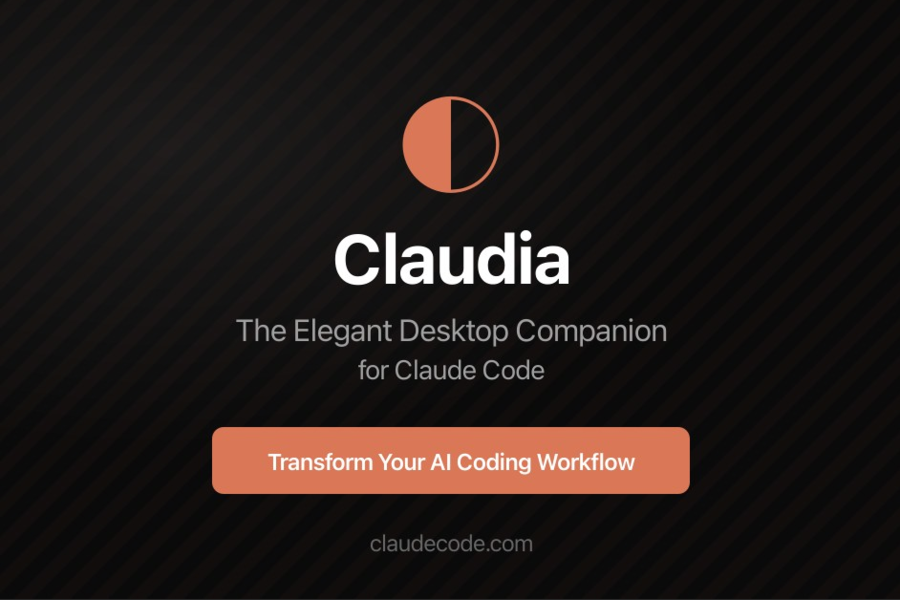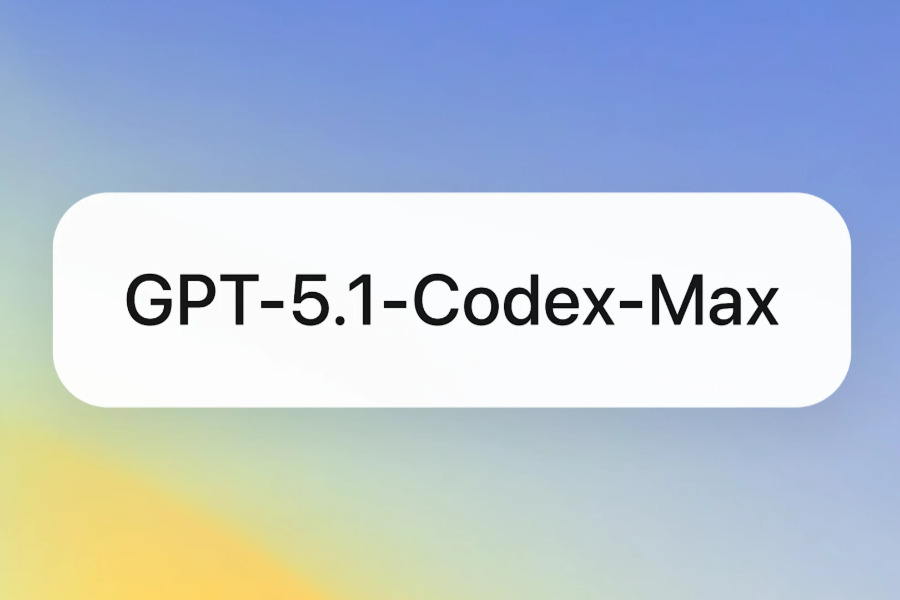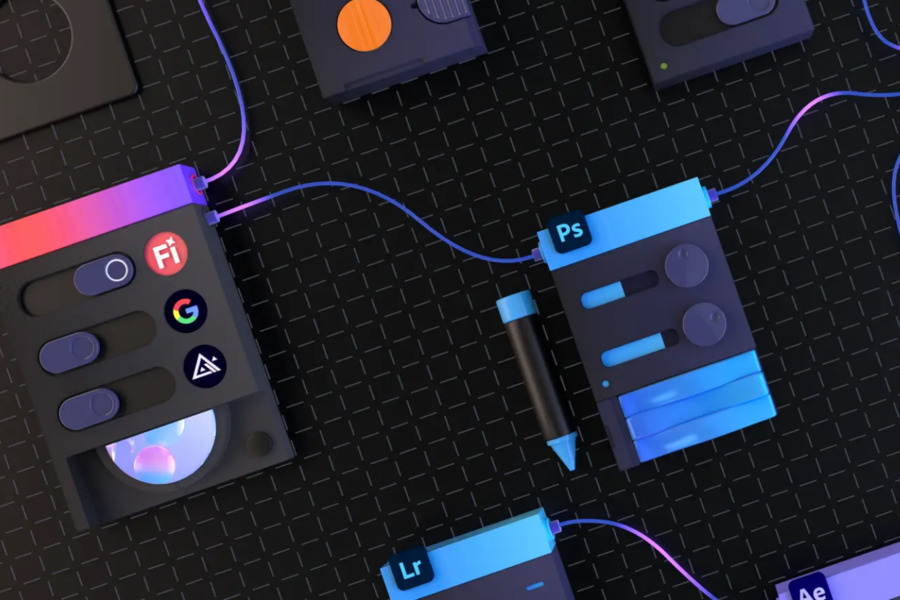In a significant move aimed at enhancing developer experience, Anthropic has officially launched “Claudia,” a dedicated desktop client built for Claude Code, marking a notable shift from traditional command-line interfaces toward a more intuitive, graphical user interface (GUI) for AI-assisted programming.
The introduction of Claudia underscores a broader industry trend: the transition of AI development tools from text-based to visual environments. This evolution promises to make AI programming assistants more accessible, especially for developers who prefer GUI-based workflows over terminal commands.
What Is Claudia?
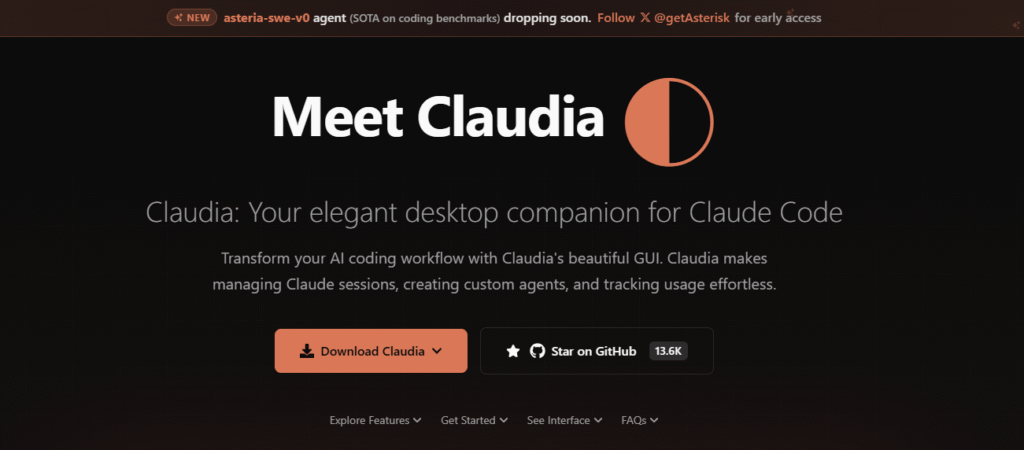
Claudia is a desktop application designed to serve as both an interface and a toolkit for Claude Code, Anthropic’s AI-powered programming assistant. It offers project and session management features, a customizable agent system (referred to as CC Agents), and real-time usage analytics—all within a sandboxed environment that emphasizes security and user control.
The tool also supports MCP (Model Context Protocol) server management, session versioning, and editing of CLAUDE.md files, providing an end-to-end solution for developers integrating AI into their daily coding practice.
Key Features of Claudia
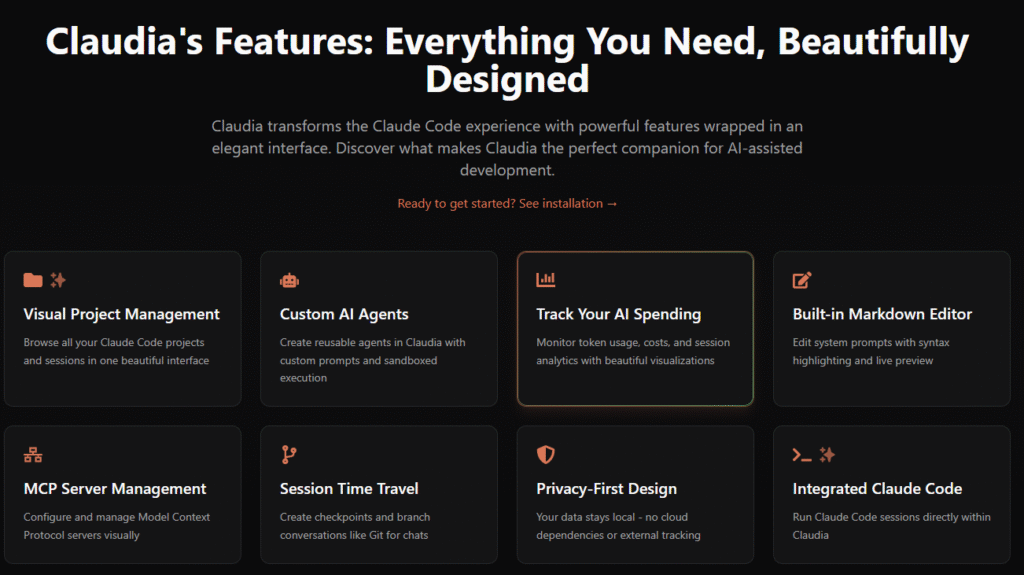
1. Enhanced Project Management
Claudia automatically scans and indexes Claude Code projects stored in the user’s .claude directory. This allows developers to visually browse and quickly resume previous work without manual configuration. The smart search function helps locate specific projects or code sessions with ease.
2. Advanced Session Management
Every interaction with Claude Code is logged and made accessible through Claudia’s session history panel. Users can filter sessions by date, project, or keyword. Each session includes metadata such as start time, initial prompts, and duration—making it easier to track progress or revisit earlier reasoning paths.
3. Real-Time Monitoring & Agent Customization
Claudia provides a dashboard for monitoring active coding sessions and API usage metrics. This is particularly useful for teams tracking computational costs or optimizing model performance.
Additionally, the CC Agents feature enables users to create tailored AI agents with predefined behaviors and system prompts, all running in isolated sandboxes for security.
Why Claudia Matters
While AI-assisted programming has grown rapidly, adoption has often been limited by steep learning curves and reliance on CLI tools. Claudia’s GUI-based approach opens the door for a broader range of developers—including those less familiar with terminal-based workflows—to leverage AI tools like Claude Code.
This aligns with a larger movement in the devtool space toward low-friction, visually intuitive interfaces. Companies like GitHub (with Copilot), Replit, and Tabnine have all invested in making AI coding assistants more user-friendly.
Use Cases of Claudia
Claudia is designed to support a variety of development scenarios:
- Project Management: Claudia provides a visual project browser that supports parallel operations across multiple projects, simplifying the development process.
- Session Management: It supports session history and branching timelines, allowing users to freely navigate and branch conversations, similar to Git version control.
- Code Assistance: Helps developers quickly write and debug code, suitable for both novice and professional developers.
- Data Analysis: Utilizes AI models for data analysis and processing, providing intelligent data interpretation.
- Content Generation: Generates high-quality text content, such as articles, reports, and news.
Industry Context & Future Directions
Anthropic’s release of Claudia comes at a time when AI coding tools are becoming table stakes for software development. While Claude Code has been available via API and CLI, the desktop client represents a strategic effort to compete more directly with integrated environments like Microsoft’s Visual Studio Code (with Copilot) or JetBrains’ AI Assistant.
Looking ahead, we may see more AI vendors offering specialized local clients to reduce latency, enhance privacy, and provide richer interaction models beyond chat-based interfaces.
Conclusion on Claudia
Claudia is more than just a GUI wrapper for Claude Code—it’s a thoughtfully designed tool that reflects Anthropic’s understanding of modern developers’ needs. By combining robust session and project management with agent customization and cost monitoring, it offers a compelling solution for professionals looking to integrate AI more deeply into their workflows.
As AI-assisted programming continues to evolve, tools like Claudia will play an essential role in shaping how developers and AI systems collaborate—making development faster, more intuitive, and more accessible to all.
Read More: Claude Memory Feature
